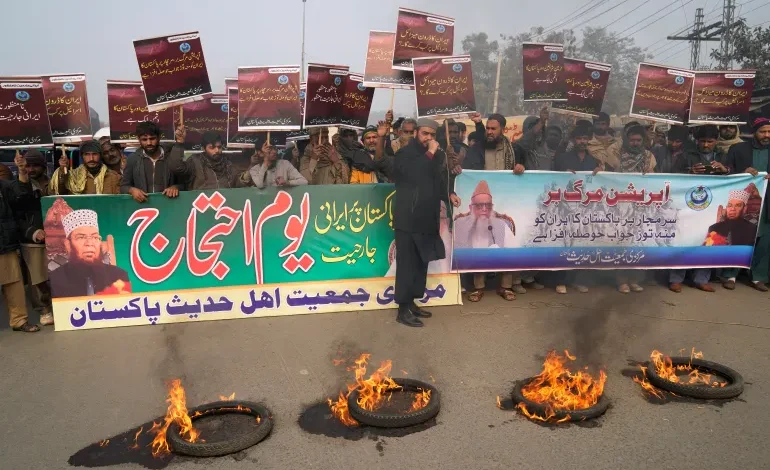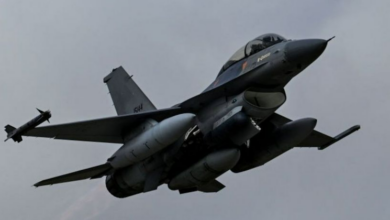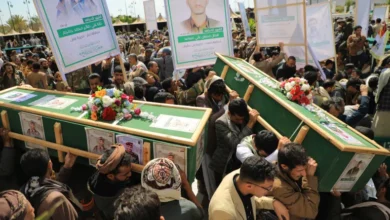‘Low-trust’ ties: What’s next for Pakistan, Iran after tit-for-tat attacks?

Pakistan and Iran have agreed to de-escalate tensions after tit-for-tat military strikes on each other’s territory this week, but the episode reveals a lack of trust between the neighbours that will continue to plague relations even after the missiles and accusations have subsided, say analysts.
On Friday evening Pakistan’s Foreign Minister Jalil Abbas Jilani spoke to his Iranian counterpart Hossein Amirabdollahian. “The two foreign ministers agreed that working level cooperation and close coordination on counter terrorism and other aspects of mutual concern should be strengthened. They also agreed to de-escalate the situation,” a Pakistan foreign ministry statement read.
Late on Tuesday, Iran had conducted missile and drone strikes in Pakistan’s Balochistan province, killing at least two children and injuring three. Tehran said the rare border intrusion targeted Jaish al-Adl, a Sunni Muslim armed group accused of attacks inside the Iranian territory of Sistan-Baluchestan.
In fewer than 48 hours, Pakistan responded with “precise” military strikes that killed at least nine people, including four children and three women. Iranian media reports, quoting state officials, said those killed were “non-Iranians”, implying they could have been Pakistani nationals.
The rare military actions between the two countries threatened to escalate into a broader conflict in a region already on edge over Israel’s more than three-month war in the Gaza Strip.
Pakistani caretaker Prime Minister Anwaar-ul-Haq Kakar cut short his visit to Davos, Switzerland, where he was attending the World Economic Forum. On Friday, he chaired a meeting of the National Security Council to review the security situation.In a statement on Friday, Iran’s Ministry of Foreign Affairs referred to “the friendly and brotherly government of Pakistan”. A similar statement by Pakistan’s Ministry of Foreign Affairs on Thursday said Islamabad “fully respects the sovereignty and territorial integrity of the Islamic Republic of Iran”.
But embedded even in those reconciliatory statements were signs of the border tensions that linger between the neighbours, and that exploded in the form of missile attacks this week.
Iran’s Friday statement said that it expected Pakistan “to adhere to its obligations in preventing the establishment of bases and the deployment of armed terrorist groups on its soil”, calling the safety of its citizens “a red line”. And Pakistan insisted it had struck targets in Iran “in pursuit of Pakistan’s own security and national interest which is paramount and cannot be compromised”.









